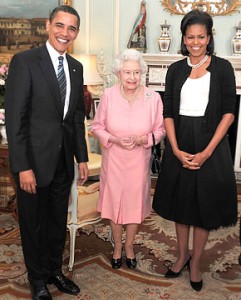
At the end of my novel, I have an “author’s note” which is (deliberately…) less revelatory than some might like, so I thought I’d rectify that with a blog post, intended for the general reader who wants to know a bit more, but also both for my academic colleagues who might want to use this book in a course, and for their students.
First, I should point to some earlier posts on this very blog in which I discuss the supposed relationship between Eleanor of Aquitaine and her uncle, Raymond of Antioch. I consider some of the historical evidence, and I also talk a little bit about how historians read that evidence:
Eleanor and Raymond Part I: https://lucypick.com/2010/06/eleanor-and-raymond/
Eleanor and Raymond Part II: https://lucypick.com/2010/06/eleanor-and-raymond-part-2/
And here is a post about what we think we know but do not actually know about who Eleanor travelled with on the Second Crusade: https://lucypick.com/2009/02/eleanor-of-aquitaine-and-the-second-crusade/
Here is a half-hour podcast with C.P. Lesley for the New Books Network in which I talk about different aspects of the history behind the novel: https://newbooksnetwork.com/the-queens-companion
As for my own sources, several of the best primary sources are readily available in English translation. For the history of Charles the Good of Flanders, whose imagined relationship with my heroine, Aude, forms the basis of the stories she tels Eleanor and her women, Galbert of Bruges’s The Murder of Charles the Good translated into English by James Bruce Ross is the essential source. This a text that is frequently used in undergraduate medieval history surveys because it is an excellent launchpad for discussing the relations between different levels of society, from the French king down to the lowest peasants. It doesn’t say a lot about women, but that’s the angle I used to look at the events it describes. https://cup.columbia.edu/book/the-murder-of-charles-the-good/9780231136709/
For Abbot Bernard’s preaching of the Second Crusade and for the journey of Eleanor and Louis VII up to Antioch, I used Odo of Deuil, De profectione Ludovici VII in Orientem, tr.anslated by V.G. Berry. Used copies are still available.
The story of the Second Crusade campaign to Lisbon can be read in The Conquest of Lisbon, translated by Charles Wendell David, and available here: https://cup.columbia.edu/book/the-conquest-of-lisbon/9780231121231/
As for secondary sources, too many to list, but for the general reader, Steven Runciman’s three-volume history of the crusade is a good read, as is Amy Kelly’s Eleanor and the Four Kings. Rider and Murray’s Galbert of Bruges and the Historiography of Medieval Flanders is a good place to dig more into that side of the novel. Bonnie Wheeler’s essay collection, Eleanor of Aquitaine, Lord and Lady, has some useful papers. And Giles Constable’s “The Second Crusade as seen by Contemporaries,” in Traditio 1953, though old, has not been surpassed.
Happy reading! And as always, if you’d like me to visit your class, virtually or in person, let me know. Ditto for book clubs.

